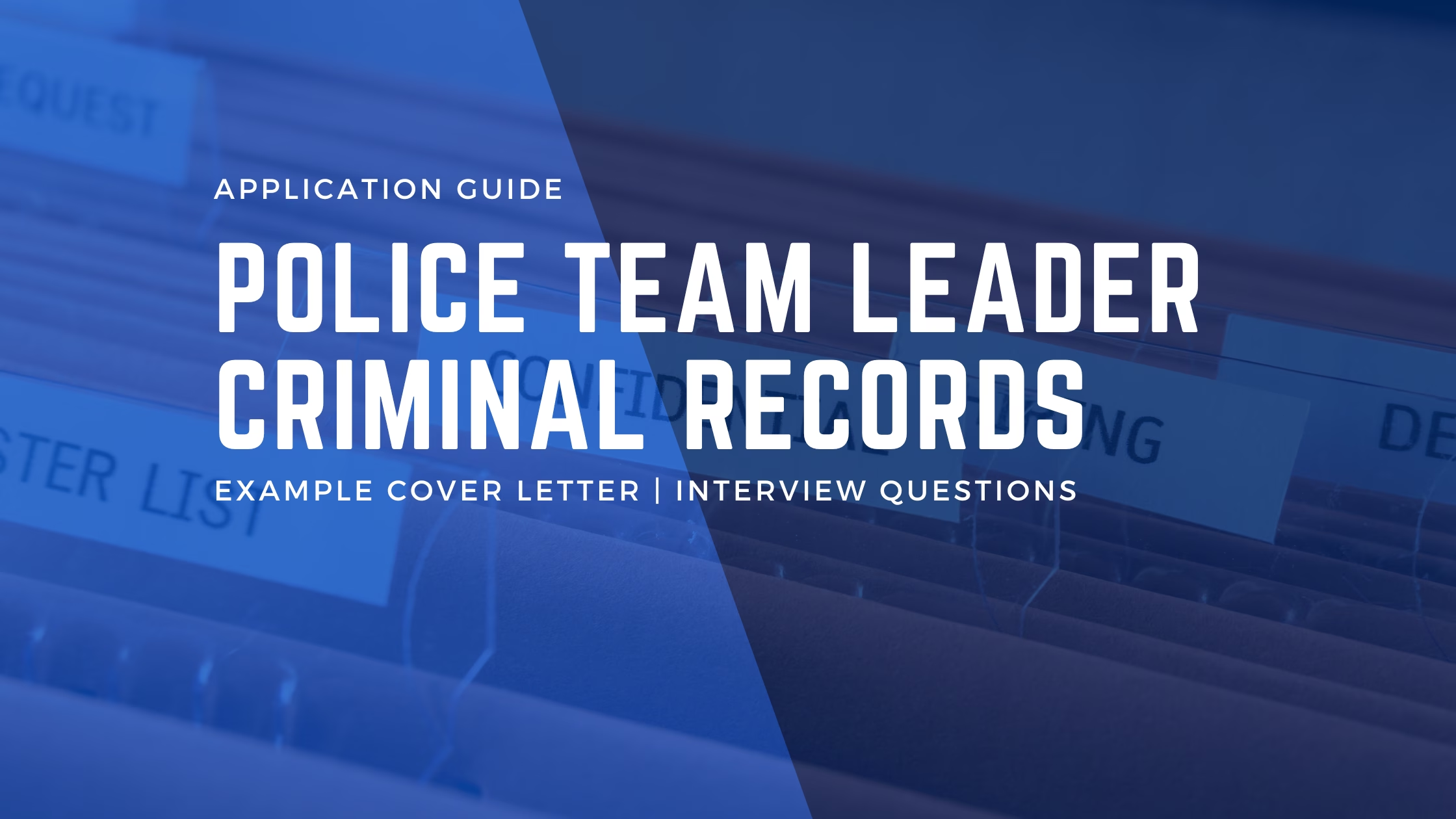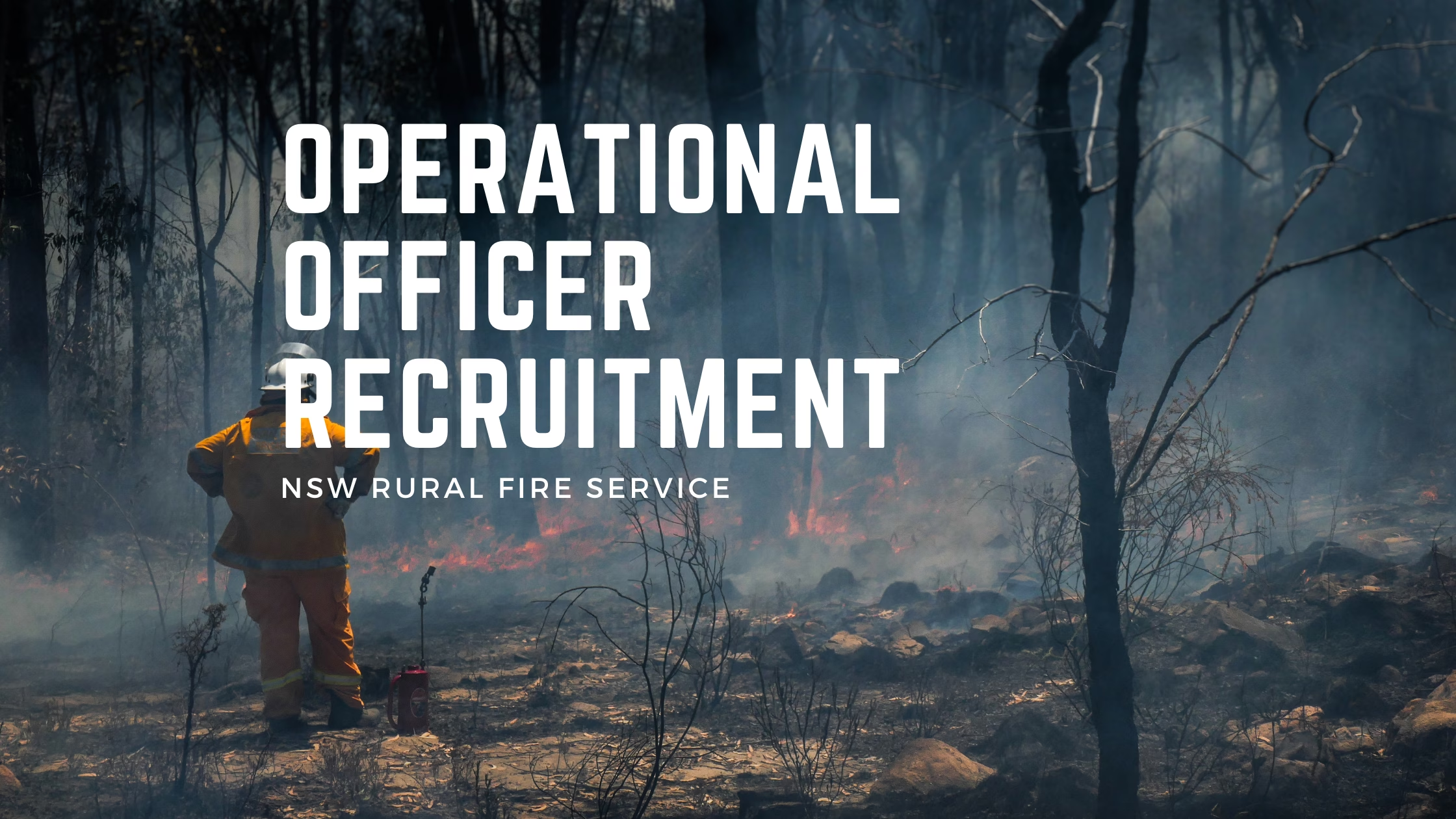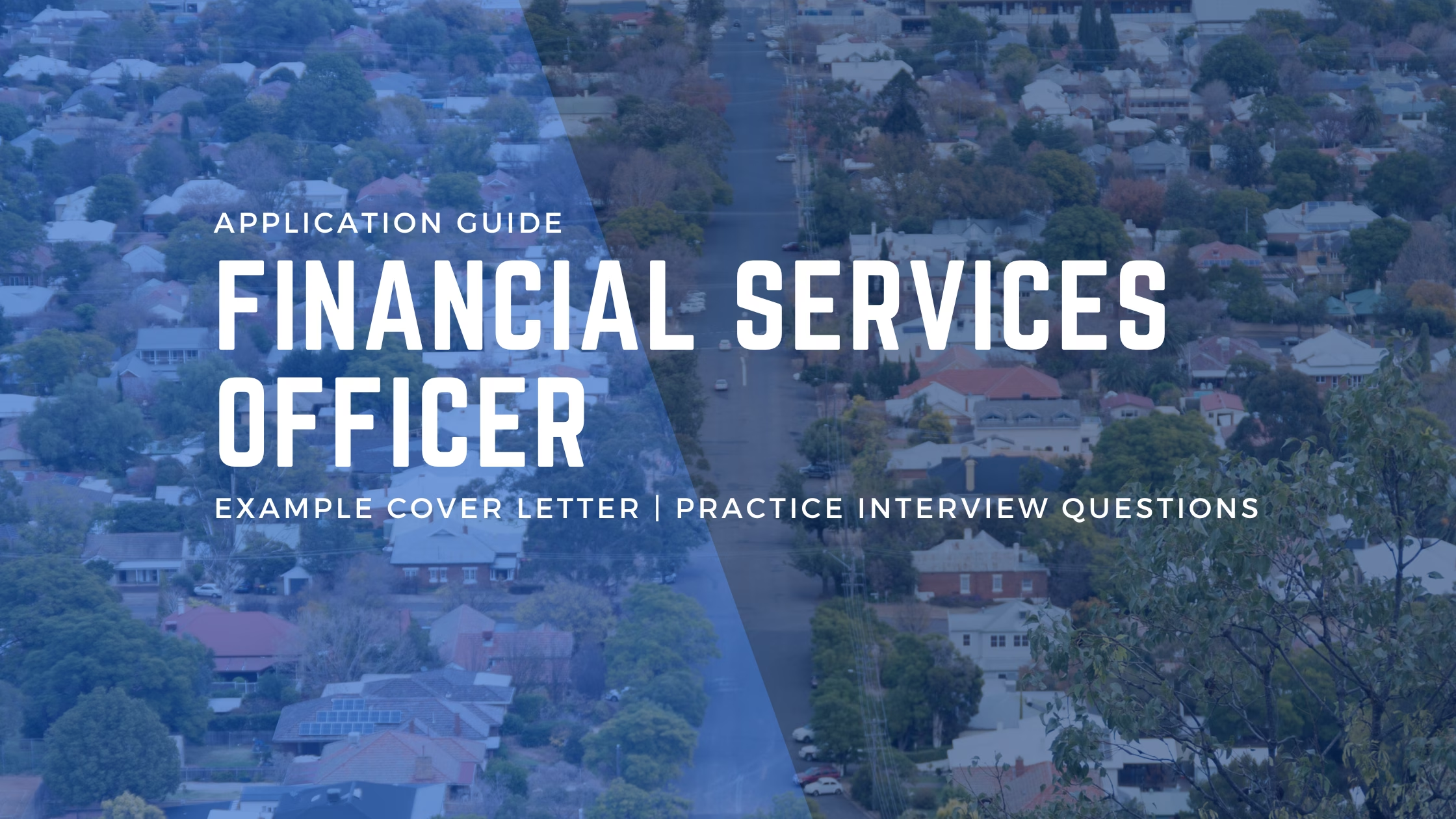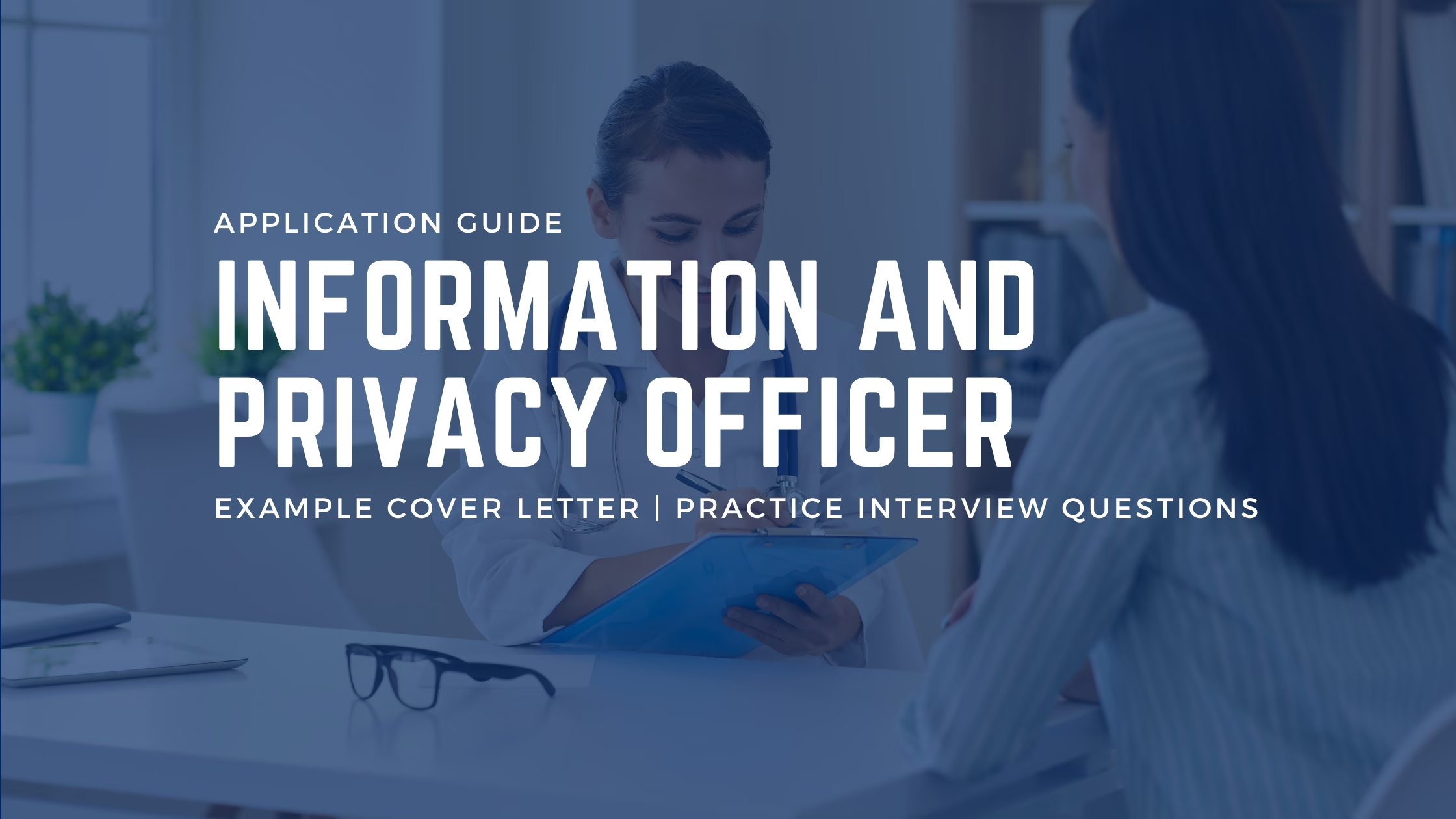Imagine heading a dedicated team that plays a pivotal role in safeguarding community trust through meticulous records management and unwavering adherence to policy and legislation. This is the reality for a police team leader criminal records at the NSW Police Force—where you’ll combine administrative experience, leadership, and a drive for continuous improvement to create genuine, positive change.
The police team leader criminal records role at the NSW Police Force offers an exciting avenue for experienced professionals seeking to step into a leadership position within the public sector. Tasked with overseeing records management and ensuring policy and legislation compliance, this position provides a unique chance to engage in meaningful customer service delivery, staff performance management, and continuous improvement initiatives.
As a team leader, you will coordinate critical processes, mentor staff, and contribute to large-scale administrative objectives in one of the state’s most vital government jobs. From supporting decision making to nurturing talent pool opportunities, the police team leader criminal records position demands a proactive approach, a commitment to public service, and a passion for delivering results in a fast-paced environment.
Table of Contents
Overview of the Police Team Leader Criminal Records Role
| Position Title | Police Team Leader – Criminal Records |
| Organisation/Entity | NSW Police Force |
| Job Location | Sydney Region / Parramatta |
| Work Type (Ongoing, Temporary, or Casual) | Ongoing Full-Time (with Talent Pool opportunities over the next 18 months) |
| Base Pay | Base Salary: $97,027 – $107,059 + 11.5% superannuation + annual leave loading |
| Closing Date | 02/02/2025 – 11:59 PM |
The NSW Police Force (NSWPF) is among the largest policing organisations in the western world, employing over 20,000 people. This includes more than 4,000 administrative staff who play a crucial role in supporting sworn officers as they deliver a wide range of law enforcement and community safety services around the clock to NSW’s diverse population.
The Team Leader Criminal Records is responsible for overseeing and guiding a team to ensure the provision of high-quality, responsive customer service. This role focuses on promoting accurate and consistent application of legislation and policy, while collaborating with coordinators across the business unit to drive quality assurance, improve workflow efficiency, prioritise tasks, and foster a culture of continuous improvement.
In this leadership position, you’ll oversee the work of dedicated team members who handle sensitive criminal records data. By ensuring correct and consistent decision making, supporting customer service delivery, and actively engaging in training and mentoring, you’ll help uphold the high standards of the NSW Police Force. This job calls for diligent staff performance management, a passion for detail, and an unwavering commitment to both accuracy and continuous improvement.
Managing a business unit responsible for criminal records involves several day-to-day challenges. This role also involves addressing the complexities of prioritising workloads, coordinating with other departments, and ensuring staff apply policies correctly. From maintaining clarity in decision making to fostering an environment of efficiency and growth, your role as team leader directly influences the overall effectiveness of the criminal records unit.
Additionally, you’ll need to keep your team motivated in a high-volume, detail-oriented environment. Effective training and mentoring are crucial, as is promoting a culture of continuous improvement. Overcoming these challenges with poise and professionalism ensures that the community at large continues to place its trust in the NSW Police Force.
Why You Should Consider Applying for Police Team Leader Criminal Records
This is a talent pool recruitment, meaning that by submitting your application, you’ll be considered for current vacancies and also for future opportunities. With multiple roles available, you’re not just competing for a single position—there are plenty of chances to secure a spot.
This is an excellent opportunity for those outside the NSW Police Force and outside the public sector. While the role does require some experience in applying legislation within a compliance-focused environment, this can be demonstrated in a variety of ways. For example, if you’ve worked in a setting where maintaining sensitive records was crucial—such as a tax office, real estate agency, or law firm—you likely have the skills and examples needed to showcase your suitability for the role.
If successful, you’ll enjoy access to generous benefits, including salary packaging, the Fitness Passport program, and options to purchase additional leave, all designed to enhance your work-life balance.
The role also offers significant potential for growth. You’ll work closely with contacts across the NSW Police Force, allowing you to build valuable relationships and develop a deeper understanding of the organisation—opportunities that could pave the way for future career advancement.
Police Team Leader Criminal Records Application Requirements
Application Process
All applications must be submitted through the official I Work for NSW website. You will need to provide:
- An up-to-date resume that highlights your relevant administrative experience and any government jobs you’ve held in the past.
- A cover letter (no more than two pages) detailing your suitability for the role—emphasizing records management, leadership, and customer service delivery.
- Responses to two target questions (300 words each).
Target Questions for Police Team Leader Criminal Records
Like most NSW Police job applications – you need to answer target questions as part of your cover letter. If you haven’t prepared a response to target questions before, read this for some examples. Plus there is an example in the example cover letter below.
Here are the two target questions for which you will need a response:
Target Question 1:
Provide an example of when you had to train a staff member or colleague to interpret and apply a policy, procedure or legislation. Outline how you communicated this to your colleague and what steps did you take to ensure they understood the process?
Target Question 2:
Describe a situation where you had to coordinate several people to achieve a work goal. What steps did you take and how did the team respond?
Make sure your answers draw upon relevant examples from your experience in training and mentoring, staff performance management, and continuous improvement initiatives. Demonstrate your decision making capabilities and how you address policy and legislation requirements.
Police Team Leader Criminal Records Essential Role Requirements
You need to make sure you address the essential role requirements in your cover letter. From the Role Description, the requirements for this position are:
- You must be prepared to obtain and maintain the requisite security clearances.
- Knowledge and experience in the application of policy, procedures and state and commonwealth legislation will also needed to be demonstrated.
Desirable Experience
Although not strictly mandatory, proven expertise in staff mentoring and performance evaluation is highly advantageous. Likewise, having prior exposure to government jobs—especially in records management or customer service delivery—can set you apart as a highly qualified candidate. Demonstrating a knack for continuous improvement, whether through process optimisation or workflow innovation, further underscores your readiness to lead.
Application Checklist for Police Team Leader Criminal Records
| Checklist |
| Prepare your updated resume focusing on relevant public sector experience |
| Draft a cover letter addressing how you’ll excel in customer service delivery and leadership |
| Answer the two target questions (up to 300 words each) |
| Review the essential role requirements and desirable experience |
| Get your cover letter reviewed |
| Submit all materials through I Work for NSW before the closing date |
Candidate Profile
Heather has been working in a busy real estate office for the past four years, gaining extensive experience in both property sales and rental property management. While she is considered excellent in her role and was previously pursuing a promotion to property manager, she has since reconsidered her career path.
Heather has discovered that her true passion lies in high-volume, detail-oriented administrative work, which she excels at. She thrives in roles that require organisation, precision, and handling sensitive tasks. However, she finds the interpersonal challenges of real estate, such as dealing with difficult tenants and the hard sales aspect, less fulfilling.
Now, Heather is seeking to apply her strong administrative skills in a new environment, and she is drawn to the NSW Police for the opportunity to work in a structured, high-pressure role where her abilities in managing sensitive and complex tasks can make a meaningful contribution.
Example Cover Letter for Police Team Leader Criminal Records
Dear Hiring Manager,
I am writing to express my interest in the Team Leader, Criminal Records position with NSW Police. With over four years of experience in a fast-paced real estate office, I bring strong expertise in managing sensitive records, applying policies and legislation, and leading administrative operations.
In my current role, I oversee critical documentation, including property sales contracts, tenant applications, and rental payment records. Accuracy, confidentiality, and compliance are paramount in my work, and I have consistently ensured that corporate policies and record-keeping legislation are adhered to with efficiency. My ability to maintain order in high-volume administrative tasks has been commended by colleagues and management alike.
As part of my responsibilities, I have trained and mentored an assistant, helping them interpret and apply real estate policies and procedures. I enjoy coaching others and take pride in fostering their confidence and skill development. I communicate processes clearly, use practical examples to explain complex policies, and follow up to ensure understanding and accuracy in their work.
In response to the target questions for this role:
Provide an example of when you had to train a staff member or colleague to interpret and apply a policy, procedure, or legislation. Outline how you communicated this to your colleague and what steps you took to ensure they understood the process.
In my role as an administrator in a real estate office, I was responsible for training my assistant on how to handle tenant applications. The process was governed by strict legislative requirements and corporate policies, including privacy regulations and the Residential Tenancies Act. To ensure my assistant understood these rules, I started by explaining the importance of each step and illustrating how every aspect of our work aligned with legislation and company policy. I then provided a detailed checklist and used real-life examples of completed applications to highlight common issues and demonstrate the correct procedures for resolving them.
I encouraged my assistant to process mock applications under my supervision, giving immediate feedback so they could learn from each scenario. Throughout the training, I kept the lines of communication open, allowing my assistant to ask questions and clarify uncertainties. Within two weeks, they were independently assessing applications with confidence, accuracy, and full compliance. I continued to monitor their work periodically to maintain quality and to support their ongoing professional development.
Describe a situation where you had to coordinate several people to achieve a work goal. What steps did you take, and how did the team respond?
During our quarterly audit at the real estate office, I was tasked with coordinating the preparation and organisation of several hundred sensitive records, including property sales contracts and rental payment histories. I began by clearly outlining the objectives and deadlines for the audit and then broke down the workload into manageable tasks, assigning each to my assistant and another colleague based on their individual strengths.
To keep the team on track, I provided written instructions, used a checklist for each task, and held daily check-ins. These brief meetings allowed us to review progress, resolve issues, and give or receive additional guidance. I fostered an environment of open communication, encouraging team members to raise any challenges as soon as they arose. As a result, we completed the audit preparation ahead of schedule, and when the audit took place, our records were praised for their accuracy and organisation. My team appreciated the structured approach and felt supported throughout the process, which helped them stay motivated and focused on achieving our shared goal.
I am drawn to this opportunity with NSW Police because of my desire to apply my administrative skills in a meaningful role that supports public safety. I am confident that my background in managing sensitive information, applying policy frameworks, and leading with professionalism will make me a strong asset to your team.
Thank you for considering my application. I would welcome the opportunity to contribute to the Criminal Records team and would be delighted to discuss my suitability further.
Yours sincerely,
[Your Name]
Explain the STAR Technique
The STAR method—encompassing Situation, Task, Action, and Result—is a structured approach often used in the public sector to articulate how your experiences directly relate to the requirements of a role. It helps the hiring manager clearly understand that you can do the tasks required.
When applying for the police team leader criminal records role, aim to provide clear examples that tie your responsibilities and successes back to the relevant policy and legislation framework. Emphasise your part in any continuous improvement processes, your ability to guide a team, and your focus on thorough records management.
Interview Preparation for Police Team Leader Criminal Records
NSW Public Sector Interview Practice
As you prepare for your interview, consider these sample questions:
- How do you ensure compliance with legislation and internal policies when making critical decisions?
- Describe a time when you had to manage and develop a team member to improve performance. What was your approach?
- How do you handle competing priorities and tight deadlines to deliver results effectively?
To craft strong responses, use the STAR method:
- Situation: Give context to the scenario.
- Task: Explain your specific role or responsibility.
- Action: Describe your steps, focusing on policy alignment, decision making, or training and mentoring.
- Result: Highlight the measurable outcomes—particularly improvements in customer service delivery or staff performance.
Example Answer Using STAR:
Situation: Our records management team was falling behind due to a new and complex legislation update that required more detailed documentation.
Task: I was tasked with ensuring the team understood the new legislation and could implement the required changes quickly.
Action: I arranged a series of short training sessions, creating checklists that clarified the new obligations. I monitored progress daily and gave constructive feedback.
Result: We cut our backlog by 40% within two weeks, and all staff complied with the updated legislation with zero compliance errors.
Final Thoughts
The police team leader criminal records position is an ideal stepping stone for anyone aiming to excel in government jobs, combining administrative experience with an inspiring opportunity to lead and shape a critical service. Demonstrate your readiness by highlighting your competence in policy and legislation, your dedication to staff performance management, and your commitment to continuous improvement. Remember to integrate real-life examples that showcase your leadership profile, and never underestimate the power of a well-structured cover letter.
Click here to apply (via the I Work for NSW website)
Need a second opinion on your cover letter? Get your cover letter reviewed





